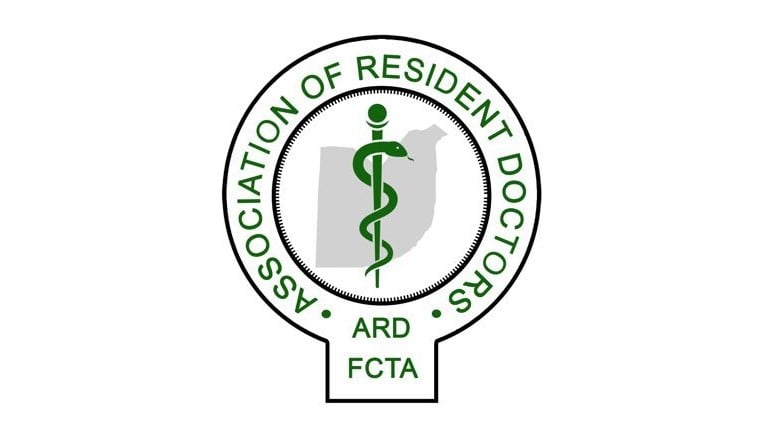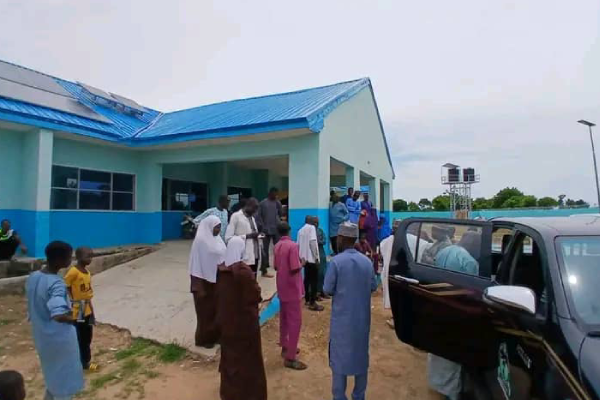Health and nutrition are critical issues across Africa, with the continent making significant strides in improving healthcare systems while still facing persistent challenges. With a diverse population and varying socioeconomic conditions, health and nutrition outcomes differ widely across regions.
Progress in Healthcare
Over the past few decades, Africa has seen improvements in healthcare access and outcomes. Vaccination campaigns have reduced diseases like polio and measles, while initiatives targeting malaria, HIV/AIDS, and tuberculosis have saved millions of lives. Investments in maternal and child health have led to a decline in child mortality rates in many countries.
Nutritional Challenges
Malnutrition remains a significant issue, affecting millions of children and adults. In some regions, food insecurity leads to stunted growth and undernutrition, while urban areas are seeing a rise in obesity and diet-related illnesses due to lifestyle changes. Efforts by governments and organizations to promote sustainable agriculture and improve food distribution are key to addressing these challenges.
Emerging Health Concerns
Non-communicable diseases (NCDs) such as diabetes, hypertension, and cancer are becoming more prevalent due to lifestyle changes and urbanization. Coupled with infectious diseases, this double burden of disease poses a significant challenge for healthcare systems.
Community-Based Solutions
Programs promoting community health workers, mobile clinics, and nutrition education have proven effective in rural and underserved areas. Organizations such as the World Health Organization (WHO) and local governments are working to strengthen these grassroots efforts.
Conclusion
While Africa has made commendable progress in health and nutrition, more work is needed to overcome persistent challenges. By investing in healthcare infrastructure, promoting healthy lifestyles, and addressing food security, the continent can pave the way for a healthier and more nourished future.



















